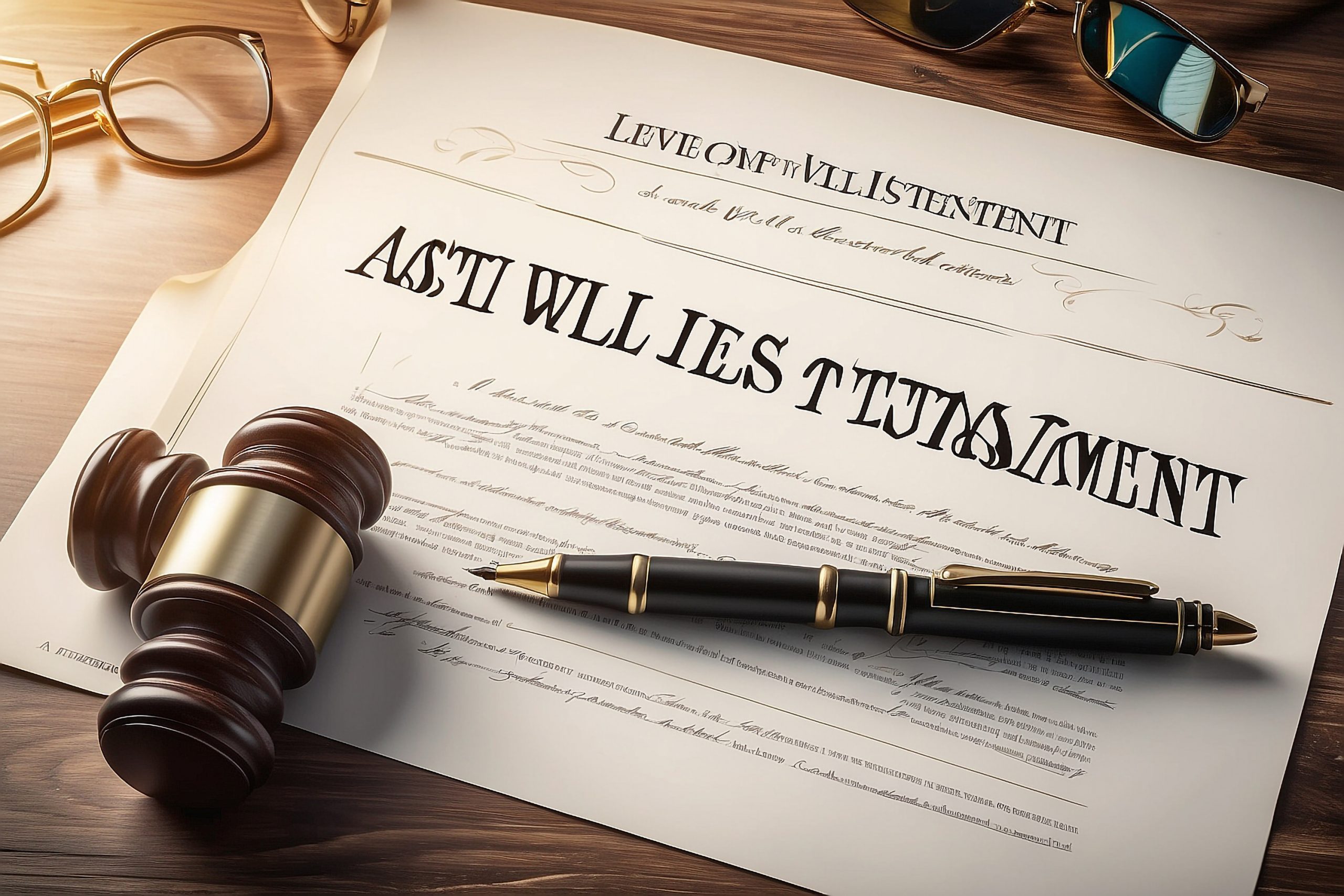Thai Laws and Regulations regarding
Will and Testament and Living Will

Will and Testament
A Will and Testament is a legal document by which a person (called the testator) expresses their wishes as to how their assets, properties, and possessions should be distributed after their death. It may also appoint guardians for minor children or executors to manage the estate.
Key purposes:
- Distribute estate as desired
- Appoint executors or administrators
- Designate guardians for dependents
- Avoid intestacy (dying without a will)
Free Consultation With Lawyer


Type of Will and Testament in Thailand
Ordinary Will
- Must be in writing, dated, signed by the testator
- Requires at least two witnesses to sign in the presence of the testator
Holographic Will (Handwritten Will
- Entirely handwritten, dated, and signed by the testator
- No witnesses required
Public Will (Made before officer)
- Declared orally before a district official (Amphur) and two witnesses–
- Recorded by the official
Confidential Will / Secret Will
- Delivered in a sealed envelope to a district official
- Signed by the testator and two witnesses
- The contents remain secret until death


Free Consultation With Lawyer

Foreigner and Will and Testament in Thailand
Foreigners can legally make a will in Thailand, according to the Law of Conflict of Law, a person is able to make a Will pursuant to the form stipulated by the country of original citizen or the country where the Will is made.
Can Foreigner inherit the Condominium or Property in Thailand
Normally, a foreigner may own a condominium in Thailand if the purchase funds are remitted from overseas. However, there is an exception for inheritance: an heir who succeeds to the rights of the deceased owner is not required to show an overseas transfer. Therefore, a foreigner may inherit a condominium under a valid Will and Testament.
Notwithstanding , if it is the landed property, foreigner still be able to inherit but will be forced to sell within the specific time.
What happen jf the Will has not been prepared
Without a will, Thai law distributes the estate automatically to relatives in the statutory order, with the surviving spouse always included. If there are no heirs at all, the government takes the estate.
The law divides statutory heirs into six classes. A lower class inherits only if no heirs remain in a higher class:
- Descendants (children, grandchildren, great-grandchildren)
- Parents
- Brothers and sisters of full blood
- Brothers and sisters of half blood
- Grandparents
- Uncles and aunts
-Within the same class, heirs inherit in equal shares.
-A descendant can inherit in place of a deceased parent (right of representation).